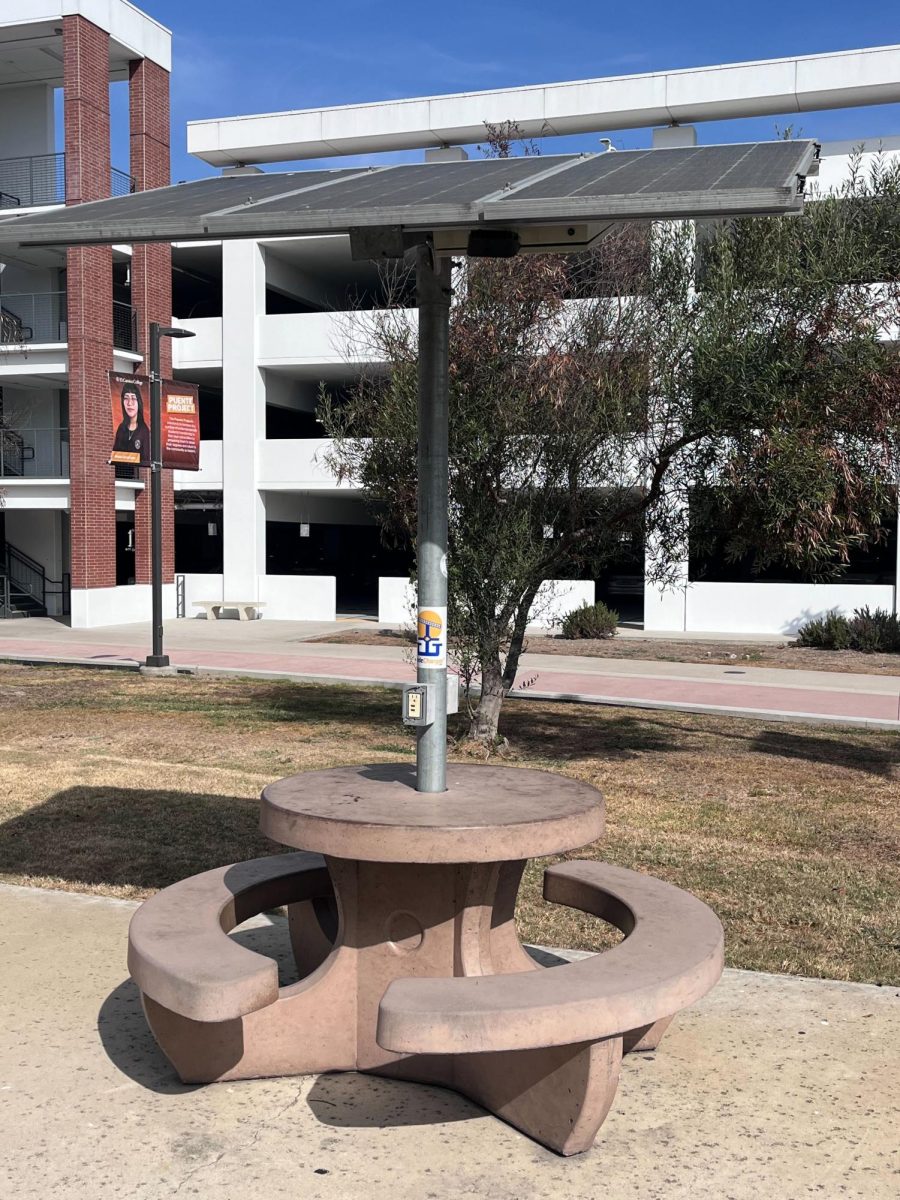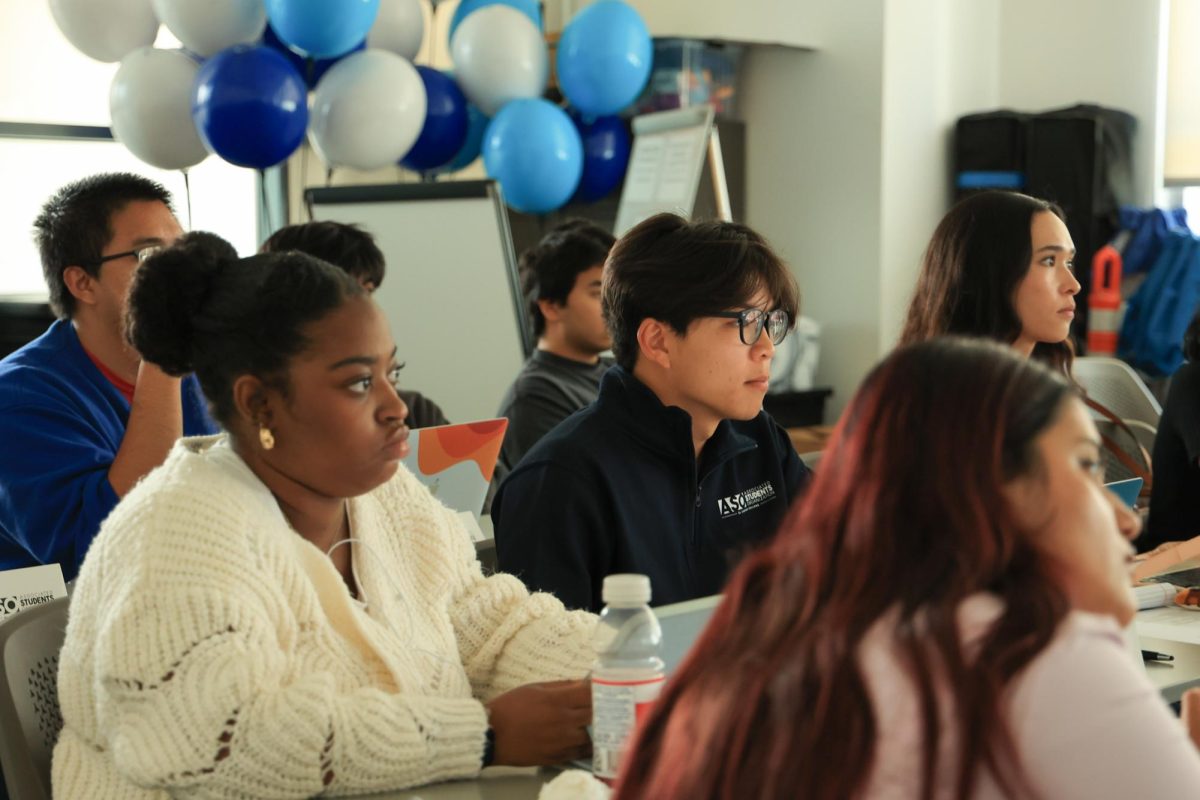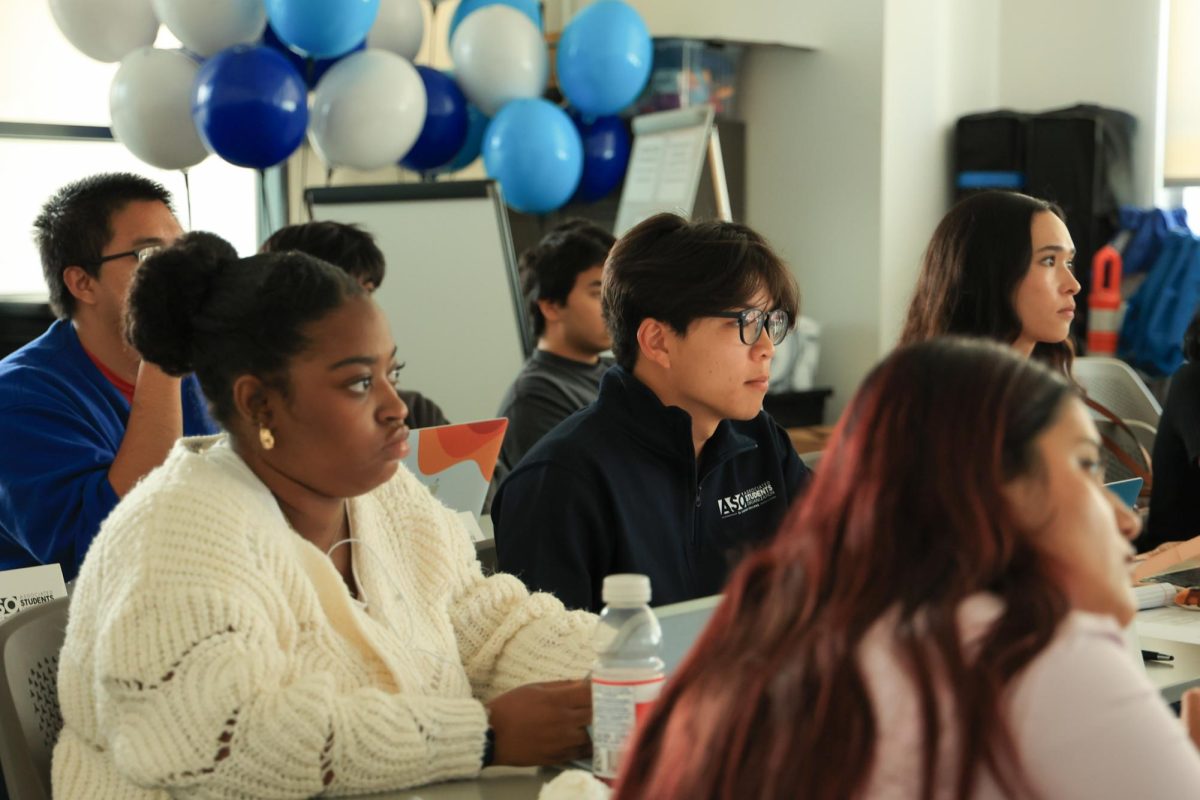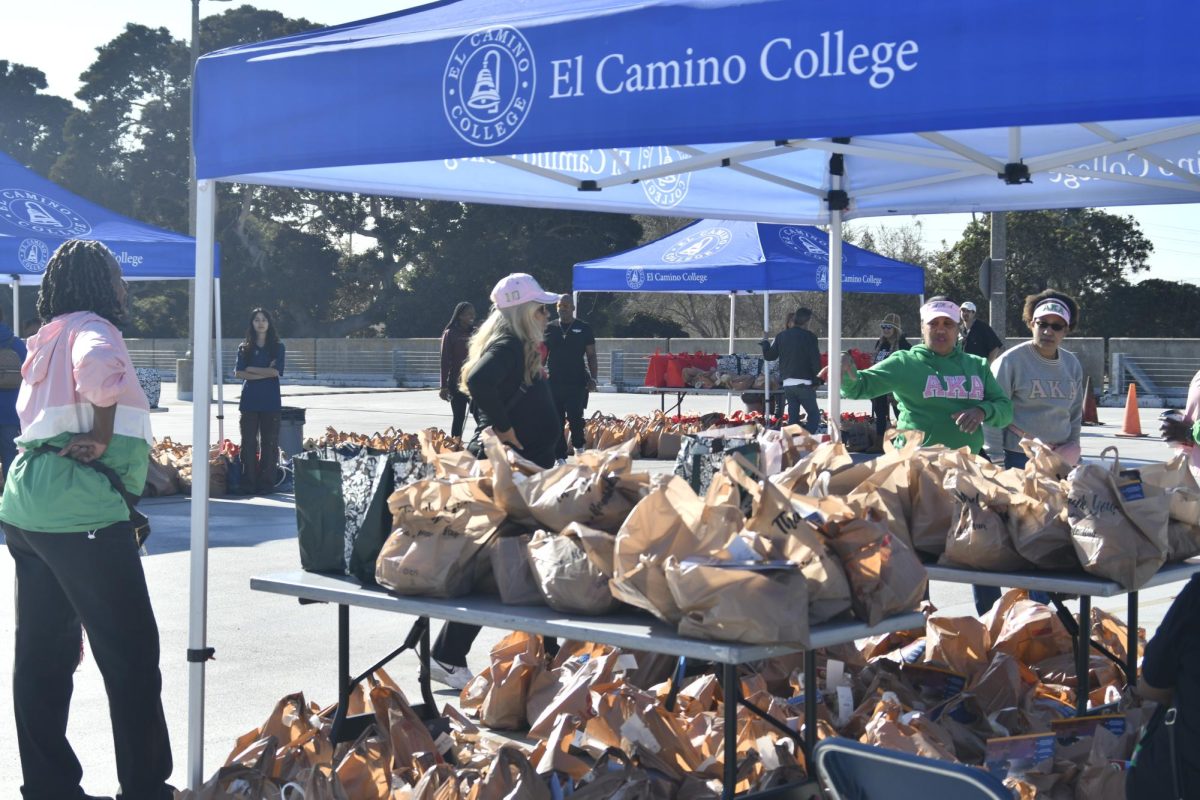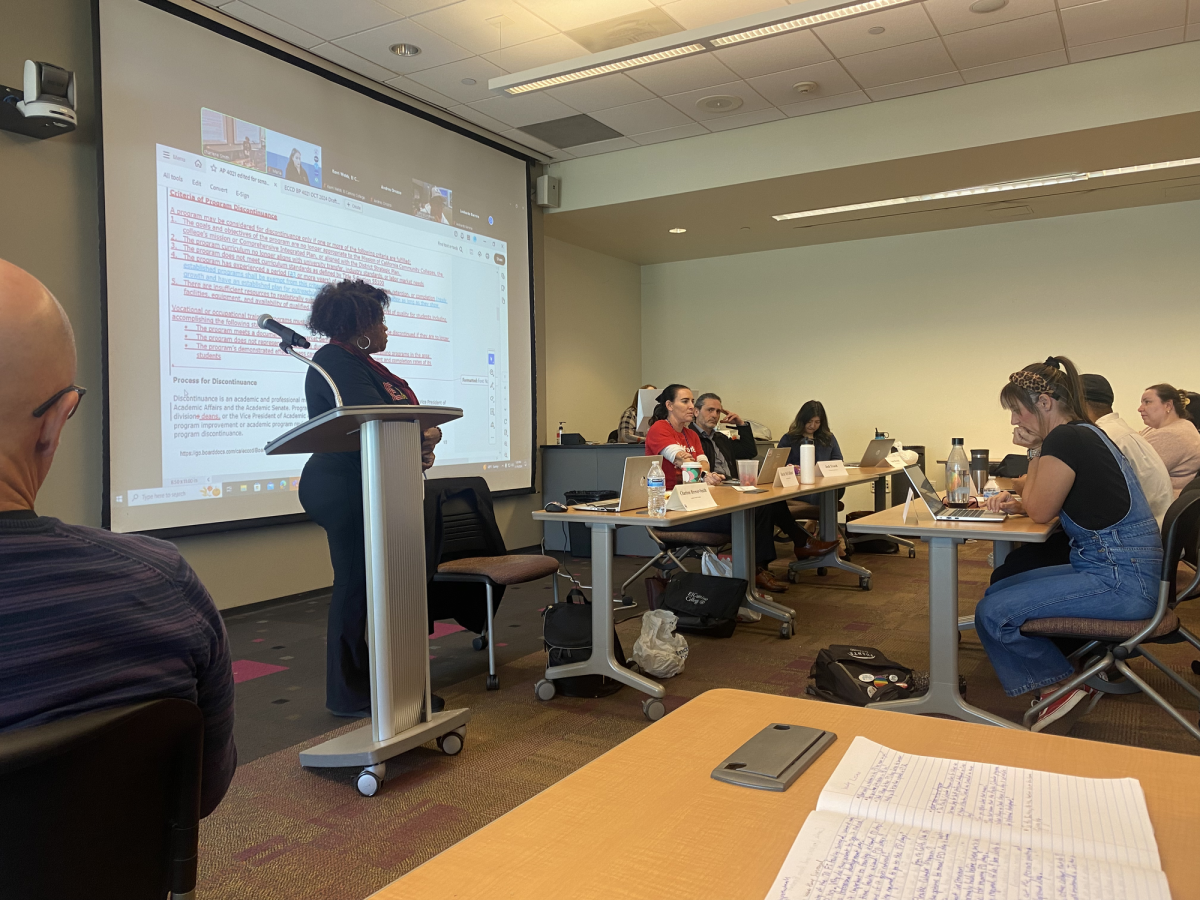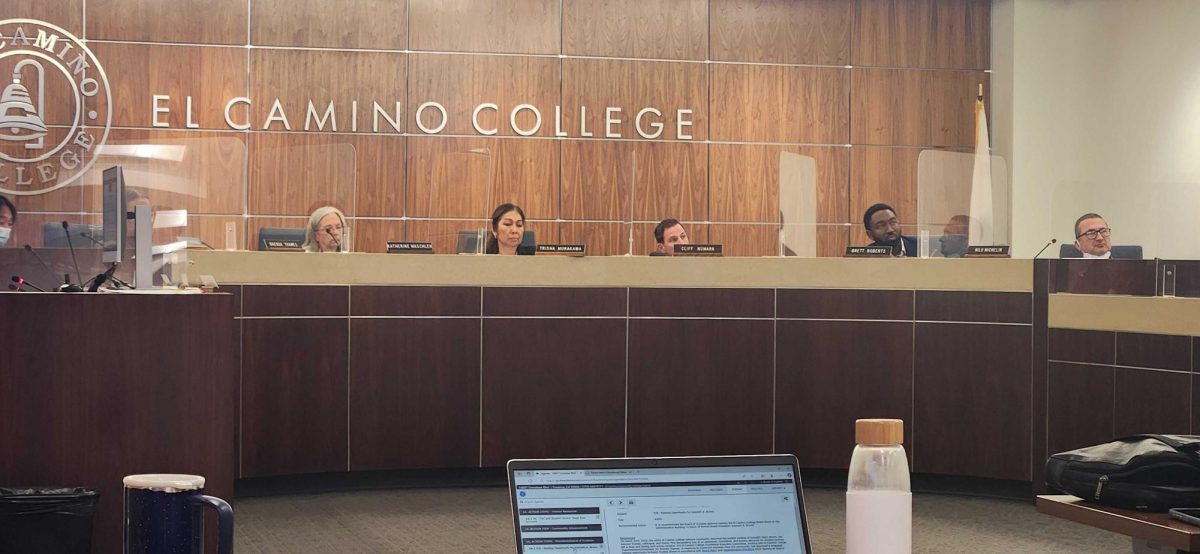As publishers drive up the cost of textbooks, more students are wondering, “Why am I paying so much for these books and where are the profits going?”
Inflated textbook prices are often caused by new editions, which is a problem because many of them come with a CD-ROM.
These CD-ROM discs cause the prices of these books to be around $100, assistant director of the EC Bookstore, Andrew Nasatir said.
The discs also cause returning the books to be more of a hassle, since each book is wrapped in plastic to hold all of these extra items; if the plastic seal is opened, the book’s price depreciates. Therefore, the student will not obtain the original value of the book if it is returned without its original plastic wrapping.
Another factor in the ever-increasing price of textbooks is the constant change and revision of editions used for certain classes.
The bookstore has no control of what books will be used each semester for classes offered at EC.
“We order what the instructors choose in any given semester, and that is a relationship based on the instructors interacting with the publisher and the publishers telling them what’s coming up and what’s new, and we have no part in that,” Nasatir said.
Some textbooks, especially math textbooks, are used for many semesters and “the longer a professor can use a book, the cheaper it will be for the students,” Nasatir said.
The publishers retain approximately 65 percent of the fees paid for college textbooks, the U.S. Department of Labor Consumer Price Indexes reports.
A recent L.A. Times article reported on a California student activist group accusing college textbook publishers of inflating prices, which resulted in an agreement from a leading textbook publisher to cut wholesale prices on about 25 titles by at least 25 percent.
Students are doing whatever they can to find cheaper books because “book prices are pretty high,” Patrick Woods, EC student, said.
“Last semester, books were really pricey, so I tried to get them used,” Brittany Fraser, EC student, said.
” But this semester I was able to buy them from a girl so we both get a much better deal-cheaper for me, more cash for her,” she said.
Students should be aware that they may purchase textbooks online for less money; this means “you wouldn’t have to wait in line-sounds good to me,” Fraser said.
Even though the bookstore sells many different textbooks, it is surprising to know that “textbooks are the items that we make the absolute least on,” Nasatir said.
Nasatir said that clothing and food items are the main sources of their largest profits.
“The bookstore is non-profit and nobody who works in the bookstore makes their salary based on the profits made,” Nasatir said.
In addition, he said the bookstore is based on a college mission that states that any profit they make has to go back to the school.
“We want to make our students our first vendor of opportunity; our publishers don’t want us to do that. We would rather pay the students than the publishers,” Nasatir said.
Approximately $275,000 to $300,000 is given back to EC every year from the profits made by the bookstore, Nasatir said.
Student Raul Lopez, isn’t so thrilled of the fact that most of the money goes back to the school.
“It wouldn’t make much difference to me; I’d rather save the money,” Lopez said.
Fraser, however, thinks otherwise.
“That makes me feel better,” Fraser said.
Nasatir said that reducing the prices of textbooks seems like a simple solution to this problem, but if these discounts were issued, sacrifices would have to be made.
“Students have to ask themselves this question, ‘Am I willing not to have the media center or the computer lab so I can save $5 on a textbook?'” Nasatir said.
“We give about half the cost of the book to the students when they sell back their used books; it’s one way we are trying to cut costs for students,” Nasatir said.
“We recommend that all students do two things: sell their books before finals, and do not write in them or even open them, until they are sitting in front of their instructor and the instructor approves the book,” Nasatir said.



